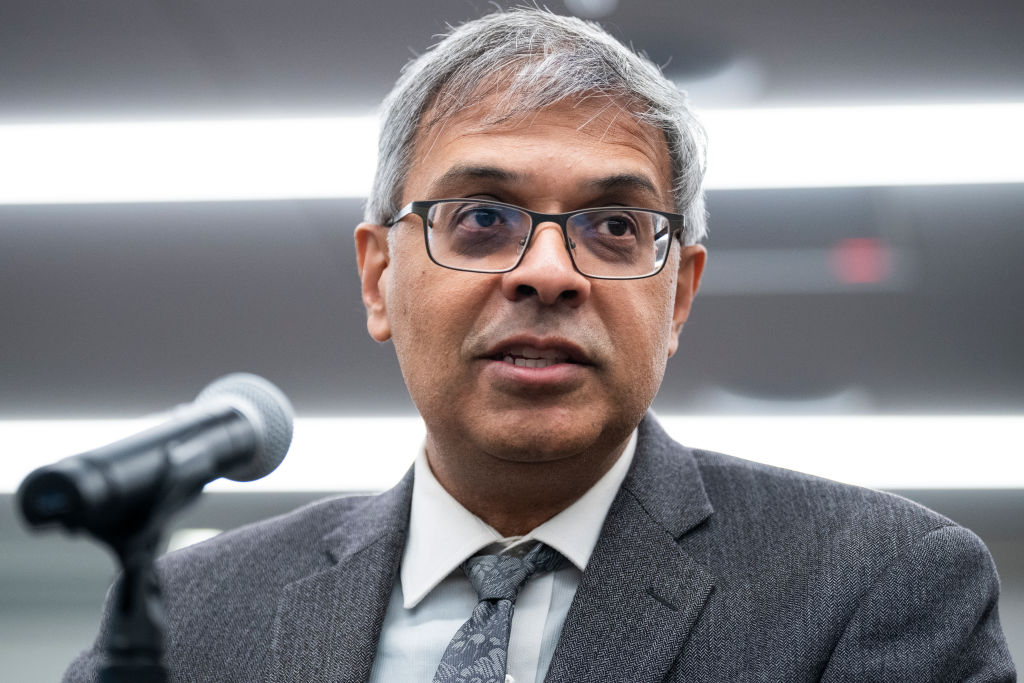President-elect Donald Trump on Tuesday chose Stanford academic and U.S. COVID policy critic Jay Bhattacharya to run the National Institutes of Health, the country’s top public funder of medical research with a budget of some $47.3 billion.
The NIH has been in the crosshairs of Robert F. Kennedy Jr., Trump’s pick to lead the Department of Health and Human Services, which oversees the NIH.
The NIH director oversees 27 institutes and centers that conduct early stage research on everything from vaccines for emerging pandemic threats to targets for new drugs.
Just days before his nomination as HHS secretary, RFK Jr. said he would act quickly to fire 600 people at the NIH and replace them all with new hires. The agency employs nearly 20,000 people.
In addition to job cuts, Kennedy has said he aims to shift NIH’s focus from infectious diseases such as COVID-19, to tackling potential cures for chronic diseases, such as diabetes.
Bhattacharya, a Stanford health policy professor and doctor, was an outspoken critic of the U.S. government’s COVID-19 policies during the pandemic. Along with two other academics, he published the Great Barrington Declaration in October 2020, which called for a return to life as normal for those who were not vulnerable to the virus.
He sued the government afterward, alleging that it pressured social media platforms to censor his opinions.
Bhattacharya graduated from Stanford University School of Medicine in 1997 and received his doctorate from Stanford’s Department of Economics in 2000, according to his resume.
During the COVID pandemic, Dr. Anthony Fauci, director of the NIH’s National Institute of Allergy and Infectious Disease who served on President Trump’s coronavirus task force, became a frequent target of Republicans for contradicting some of Trump’s coronavirus policies and recommendations, leading to calls for his dismissal.
Francis Collins, the NIH director and Fauci’s boss, defended Fauci in a July 2020 interview with STAT News, saying it was “unimaginable” to consider firing Fauci, as some Republicans had demanded. As a career federal employee, Fauci’s job was shielded from political firings by federal civil service regulations, protections Trump has vowed to undo.
(Reuters)














